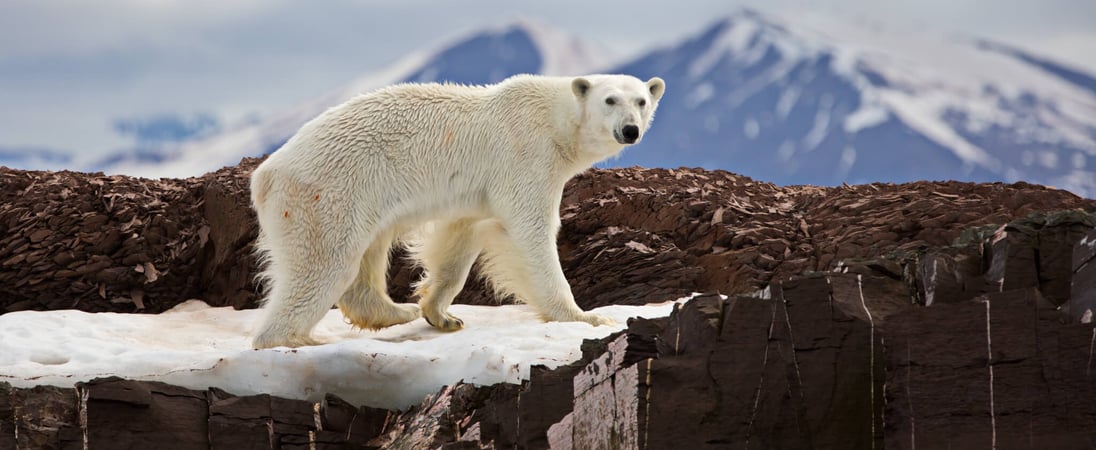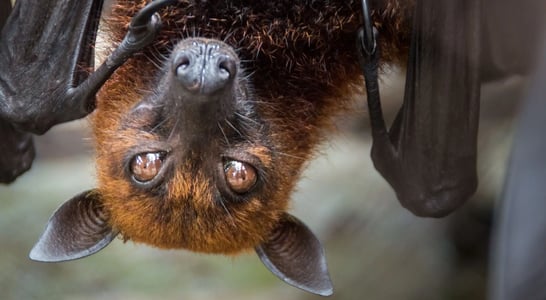
Polar Bear Week
Polar Bear Week is a dynamic and vital event that takes place each year during the first full week of November, from November 3rd to 9th.
This special week is timed with the autumn polar bear migration. This is why it is a perfect period to focus on these magnificent creatures.
The week is dedicated to highlighting the challenges faced by polar bears due to the changing climate. The loss of Arctic sea ice crucially affects their ability to hunt seals, travel, and maintain their basic life functions.
This all leads to reduced physical conditions and reproductive failures. This significant event aims to educate and inspire actions that help mitigate these effects and support polar bear conservation efforts.
Climate change and its impact on Arctic sea ice are the primary reasons for celebrating Polar Bear Week. The week serves as a platform to raise awareness about the urgent need to reduce greenhouse gas emissions and adopt more sustainable practices to help conserve the polar bear’s natural habitat.
Engaging in this week allows people to contribute meaningfully to efforts that ensure the survival of polar bears for future generations.
History of Polar Bear Week
International Polar Bear Week began as an initiative by Polar Bears International. The week coincides with the annual polar bear migration to Churchill, Manitoba, where the bears gather in anticipation of the sea ice forming on Hudson Bay.
This allows them to return to their main activity—hunting seals. This period is pivotal as it marks the beginning of the sea ice season, essential for the polar bears’ survival.
The history of Polar Bear Week is deeply rooted in the broader mission to highlight and address the challenges these animals face due to climate change and diminishing sea ice habitats.
The event is designed to raise awareness and drive conservation efforts to support the polar bear population, which is increasingly under threat due to the changing climate.
Throughout the week, various activities and educational programs aim to inspire people globally to take action toward reducing greenhouse gas emissions and safeguarding polar bear habitats.
This celebration is more than just an awareness campaign; it’s a call to action to protect not only the polar bears but also the overall health of the Arctic ecosystem.
Polar Bear Week serves as a critical reminder of the impact of global warming on wildlife and the urgent need for collective action.
How to Celebrate Polar Bear Week
Here are five quirky and playful ways to celebrate Polar Bear Week:
Get Artsy with Polar Bears
Why not bring out those dusty paintbrushes or crayons and sketch up a storm? Drawing or painting polar bears can be a blast.
Share your art in local spaces or schools to spark conversations and spread awareness about these majestic creatures. It’s a fun, creative way to contribute to the cause!
Host a Chilly Fundraiser
Think about organizing a cool-themed fundraiser! Whether it’s a frosty bake sale or a charity run, gather your community and raise some cash for polar bear conservation. It’s a heartwarming way to help our furry friends.
Wear Your Support
Don your most splendid polar bear apparel—be it fluffy hats, snuggly scarves, or even adorable socks. Every piece of clothing can be a conversation starter about polar bear conservation. It’s a cozy, stylish way to show you care.
Polar Bear Movie Night
How about a movie night under the stars… or the northern lights, perhaps? Screen films or documentaries about polar bears and the challenges they face due to climate change. Popcorn and warm blankets recommended!
Spread the Word
Educate and enchant! Use Polar Bear Week as a platform to enlighten others. Craft short talks, engaging presentations, or even quizzes about polar bears and their icy habitats. Share your knowledge at work, school, or even at family gatherings.
Also on ...
View all holidaysUse Your Common Sense Day
Taking a step back and relying on good ol' logic, like deciphering a puzzle without needing a map or a compass.
We think you may also like...
Save The Frogs Day
Frogs are crucial to our ecosystem, keeping bug populations down and preventing disease. But many species are already endangered, so join the fight to save them.








